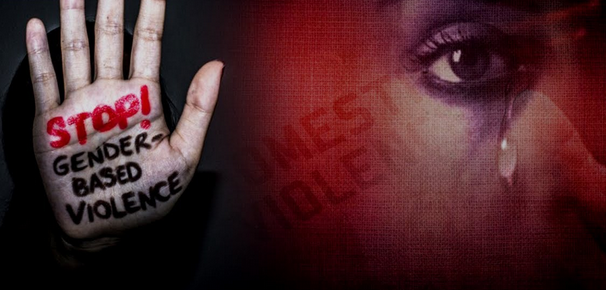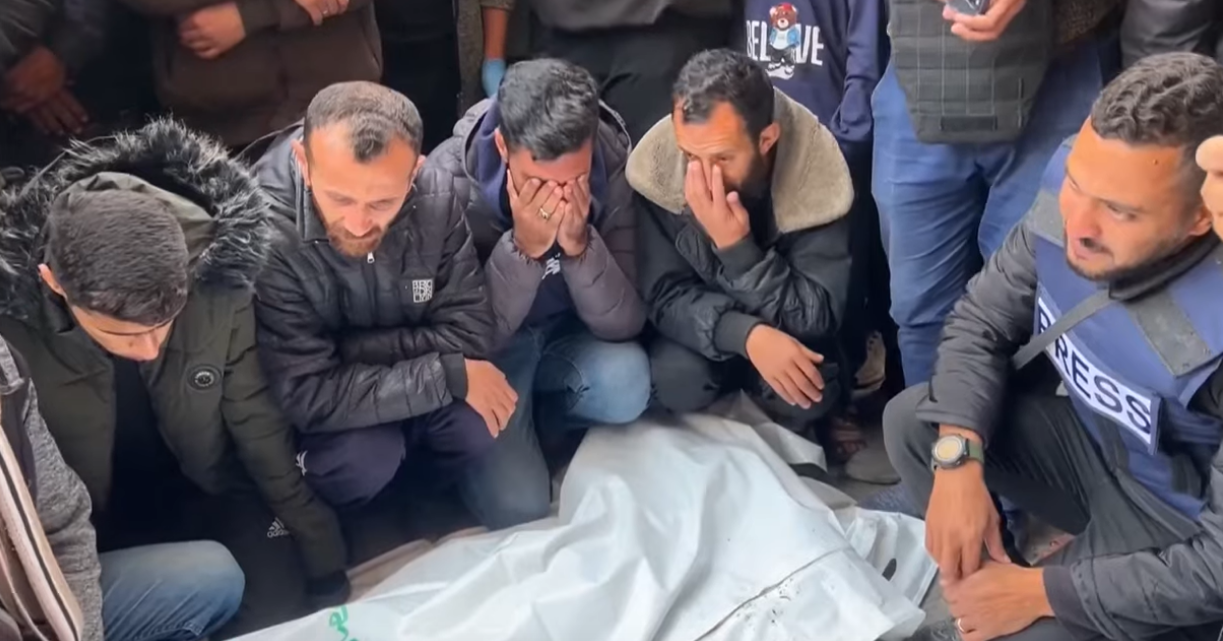By United Nations
Photos: YouTube Screenshots
Every year, the 16 Days of Activism against Gender-Based Violence (GBV) campaign led by UN Women serves as a powerful reminder of the widespread violence women and girls face worldwide.
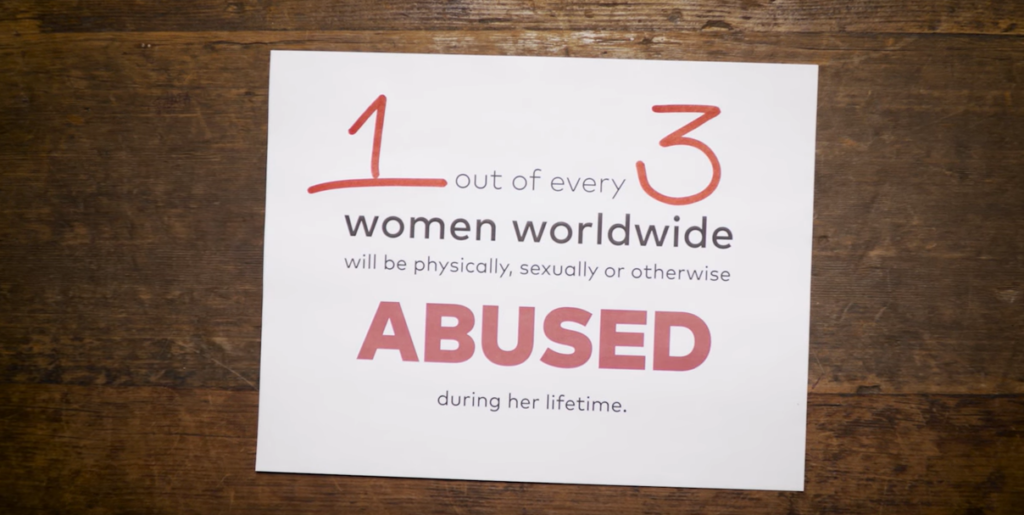
Starting from November 25, on the International Day for the Elimination of Violence against Women, and concluding on December 10, on Human Rights Day, this campaign calls on governments, activists, and individuals to unite and push for lasting change.
In support of this civil society initiative the UN Secretary-General back in 2008 launched the campaign UNITE by 2030, which runs parallel to the 16 Days of Activism.
Every year, the UNITE Campaign focuses on a specific theme and this year’s focus is UNITE! Invest to prevent violence against women and girls, aiming for long-term solutions that address the root causes of the problem.
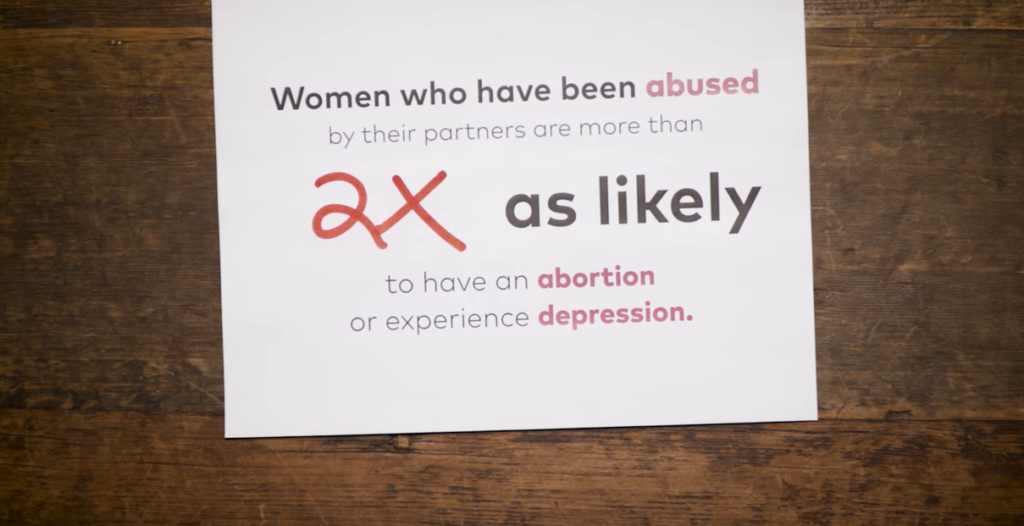
Why it matters
The statistics are staggering: nearly one in three women and girls worldwide will experience physical or sexual violence during their lifetime.
For at least 51,100 women in 2023, this violence escalated to femicide (homicide targeted at women) with over half committed by intimate partners or family members.
The agency championing women’s empowerment, UN Women, points out that femicides are the ultimate evidence that the systems and structures meant to protect women and girls are failing.
Women are not safe outside their homes either.
Public figures, including politicians, human rights defenders, and journalists, are often targeted by violence both online and offline, with some leading to fatal outcomes and intentional killings.
One alarming aspect of this issue is the prevalence of violence in conflict zones. In 2023, the United Nations reported a staggering 50 per cent increase in gender violence from the previous year.
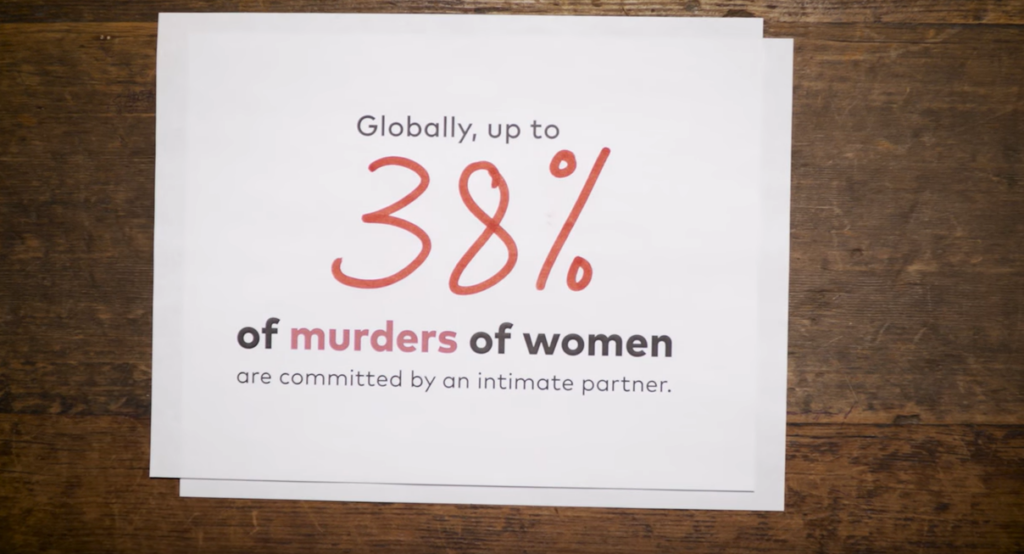
From survivors to advocates
Women like Ukrainian activist Lyudmila Huseynova exemplify the harrowing reality of conflict-related sexual violence.
After enduring over three years of imprisonment and torture in a Russian prison, where she faced brutal physical abuse, “In that place, you become a person without rights,” she recalled of her torment in Izolyatsia prison, Ms. Huseynova’s resilience turned into activism.
Since her release in 2022, she has become an unwavering advocate for survivors, working with SEMA Ukraine to amplify the voices of those suffering from conflict-related sexual violence and to demand global attention to the atrocities faced by women and children in Ukraine.
Through her tireless efforts, Ms. Huseynova not only exposes the cruelty women endure but also leads efforts to secure justice and recovery for victims. “We will use every means to make their pain visible,” she emphasised.
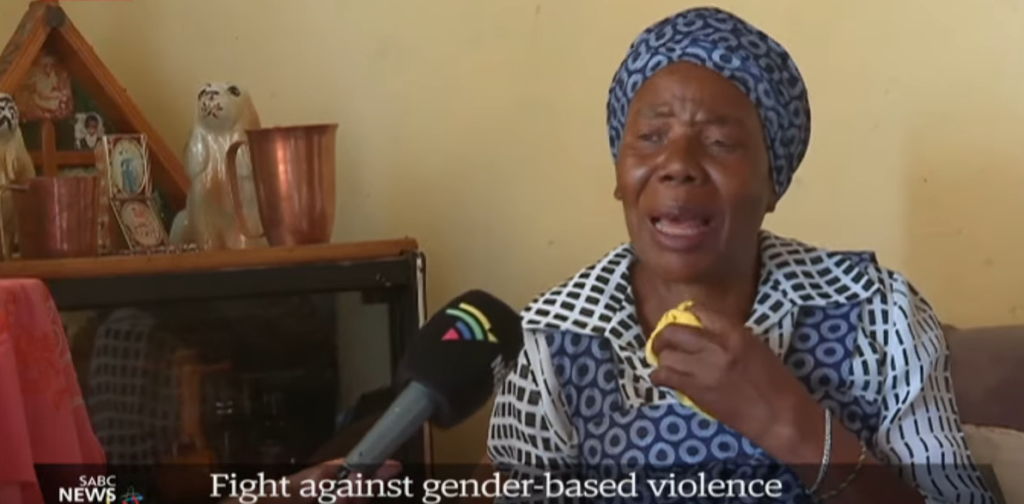
What can we do?
While we may not all be activists, we all have a role in ending the abuse, says UN Women.
On an individual level, from supporting local organisations to advocating for stronger laws and supporting the women in our lives, everybody can make a difference.
Argentinian activist Iren Cari and founder of Women’s Forum for Equal Opportunities stressed the need to support women in political life and centre their voice: “We need funds to promote women’s participation – not only in public policy making, but also to participate in elections.”
UN Women emphasised that governments must enact laws to ensure accountability for perpetrators of gender-based violence, particularly through National Action Plans.
In parallel, funding women’s rights organizations is essential to support survivors and provide them with the necessary resources for recovery.
The 16 Days of Activism remind us that every action, no matter how small, counts in the fight to end gender-based violence, the agency stresses.
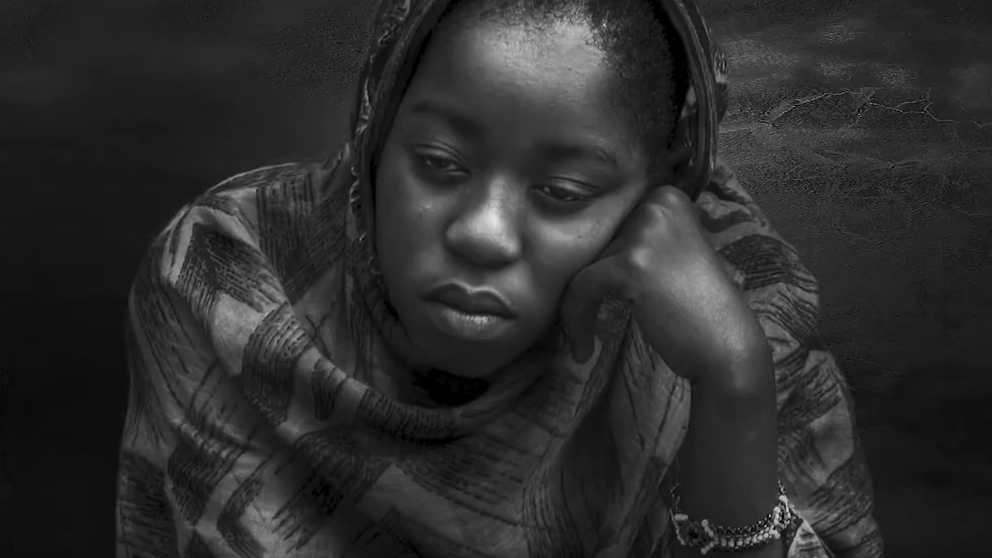
PODCAST: UN humanitarians fight for women’s rights in crisis zones
